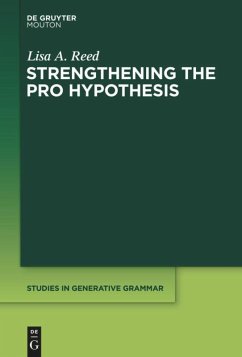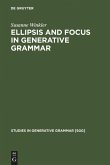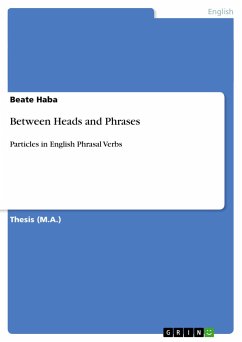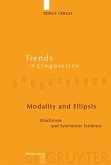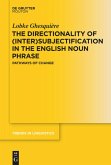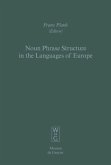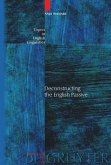The syntax of Control structures remains a topic of heated debate: Standard generative treatments continue to analyze them in terms of PRO, a hypothesis challenged in alternative syntactic frameworks, semantic circles, and even within the generative tradition itself. This book:
(a) examines empirical paradigms currently assumed to favor a PRO approach over competing theories, demonstrating that alternative approaches offer equally plausible treatments of these facts;
(b) develops five novel arguments amenable to analysis only within a PRO approach;
(c) puts forth a radically revised PRO approach to Control according to which PRO continues to be analyzed as a non-expletive nominal, but one lacking phi- and Case features in the computational component. Contra standard theory, PRO is argued to never undergo movement to a position even as high as the first NegP that dominates its initial merge position. Furthermore, Control complements are shown to take the form of such diverse categories as CP, IP, vP and VP; and
(d) considers how a syntactically phi-featureless noun comes to be understood to bear phi-features, as well as how tense limits PRO's distribution in a here-to-fore unnoticed fashion.
Hinweis: Dieser Artikel kann nur an eine deutsche Lieferadresse ausgeliefert werden.
(a) examines empirical paradigms currently assumed to favor a PRO approach over competing theories, demonstrating that alternative approaches offer equally plausible treatments of these facts;
(b) develops five novel arguments amenable to analysis only within a PRO approach;
(c) puts forth a radically revised PRO approach to Control according to which PRO continues to be analyzed as a non-expletive nominal, but one lacking phi- and Case features in the computational component. Contra standard theory, PRO is argued to never undergo movement to a position even as high as the first NegP that dominates its initial merge position. Furthermore, Control complements are shown to take the form of such diverse categories as CP, IP, vP and VP; and
(d) considers how a syntactically phi-featureless noun comes to be understood to bear phi-features, as well as how tense limits PRO's distribution in a here-to-fore unnoticed fashion.
Hinweis: Dieser Artikel kann nur an eine deutsche Lieferadresse ausgeliefert werden.

